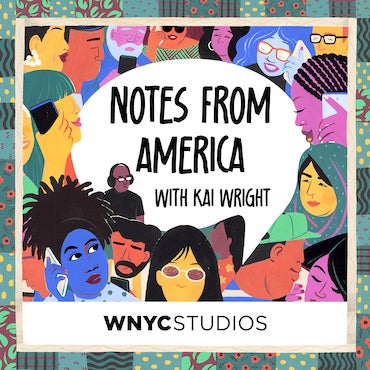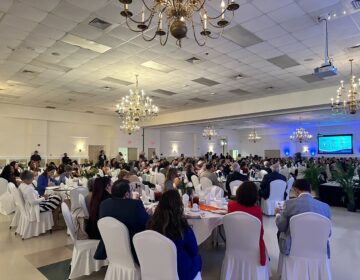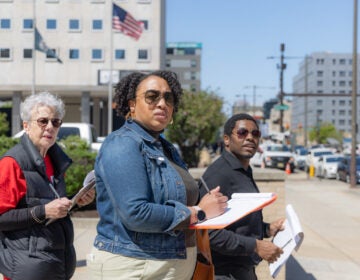The future of books and the way we read
ListenHour 2
 The closing of Borders raises new alarms for the publishing industry, authors and book buyers alike. Publishers and authors are concerned they will have to decrease their print runs and readers now have fewer places to browse the shelves for their next purchase. But the fact is that more and more of us are reading digitally, on our e-readers and tablets like the IPad. According to a recent study by the Pew Internet project, the share of adults in the U.S. who own an e-book reader doubled to 12% in the last year. And in May, the online bookseller Amazon announced that it sells 105 electronic books for every 100 printed ones sold. What does all this mean for the publishing industry, booksellers, writers and readers? How will the publishing industry adapt, will booksellers continue to exist, will writers have to “write” differently” and since we know longer can rely on book covers and the suggestions of booksellers, how do readers decide what to read? In this hour of Radio Times, the future of books and reading. We’ll start off our conversation about the health of the publishing industry with JIM MILLIOT of Publishers Weekly. Then we turn to CHARLOTTE ABBOTT, a contributing editor at Publishers Weekly. She was formerly an acquiring book editor at HarperCollins and Avon Books and now consults with publishers about e-books, e-publishing and their digital strategy.
The closing of Borders raises new alarms for the publishing industry, authors and book buyers alike. Publishers and authors are concerned they will have to decrease their print runs and readers now have fewer places to browse the shelves for their next purchase. But the fact is that more and more of us are reading digitally, on our e-readers and tablets like the IPad. According to a recent study by the Pew Internet project, the share of adults in the U.S. who own an e-book reader doubled to 12% in the last year. And in May, the online bookseller Amazon announced that it sells 105 electronic books for every 100 printed ones sold. What does all this mean for the publishing industry, booksellers, writers and readers? How will the publishing industry adapt, will booksellers continue to exist, will writers have to “write” differently” and since we know longer can rely on book covers and the suggestions of booksellers, how do readers decide what to read? In this hour of Radio Times, the future of books and reading. We’ll start off our conversation about the health of the publishing industry with JIM MILLIOT of Publishers Weekly. Then we turn to CHARLOTTE ABBOTT, a contributing editor at Publishers Weekly. She was formerly an acquiring book editor at HarperCollins and Avon Books and now consults with publishers about e-books, e-publishing and their digital strategy.
Listen:
[audio: 081711_110630.mp3]
WHYY is your source for fact-based, in-depth journalism and information. As a nonprofit organization, we rely on financial support from readers like you. Please give today.





